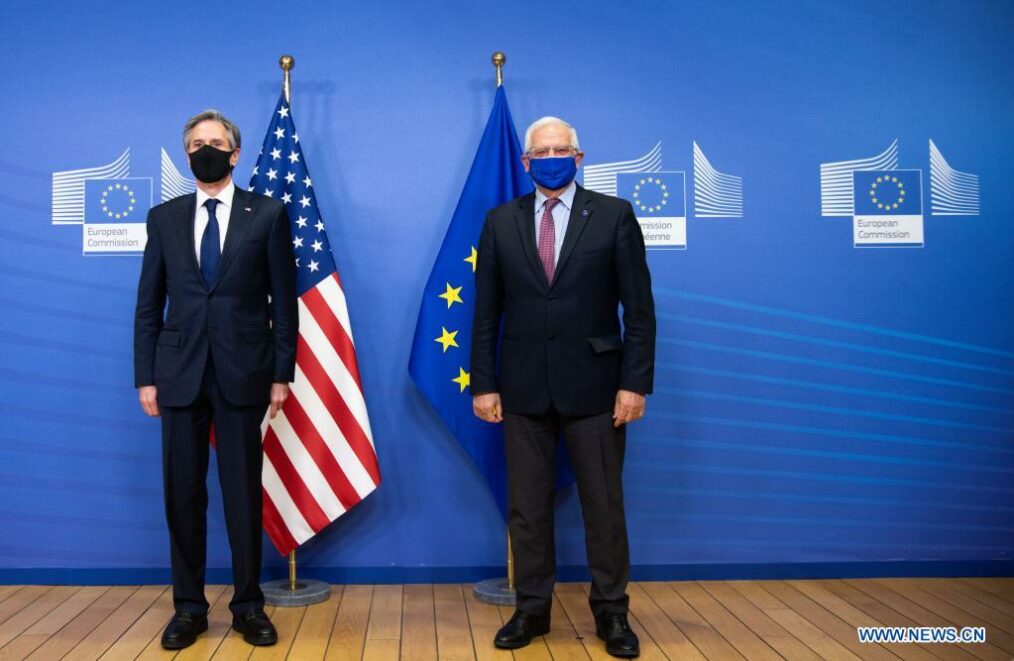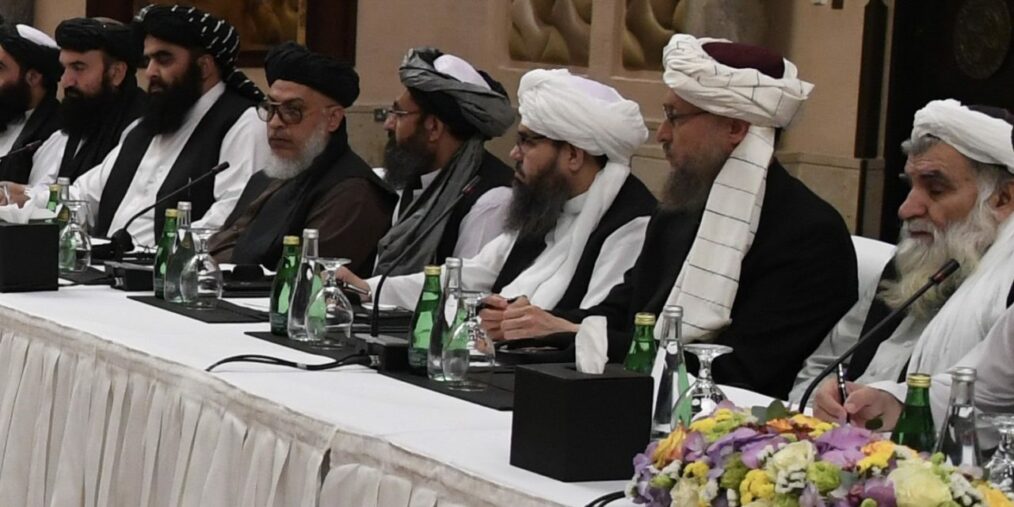Since the maritime environment is so open there is plenty of opportunity for maritime terrorism. Many terrorist organisations like Al Qaeda, the Chechen rebels, Hezbollah, and Hamas participate in maritime terrorism. Maritime terrorism is the act of terrorism in the maritime environment, using boat vessels or seaports. One of the most interesting types of maritime terrorism is the targeting of cruise ships for the purpose of mass casualties, and the hijacking of larger vessels like oil tankers. The goal of most maritime terrorism is economic, to kill, or shift foreign or domestic policy. Vessels like US navy ships and vessels are attractive targets because they symbolise American power.
In the early 2000s, there was a spike in terrorist attacks in the sea. Fear that more transnational terrorist organisations are going to move their tactics to the water was high in the west. Many planned strike attacks were planned by Al Qaeda, including an attack on the USS The Sullivans in January 2000.
Maritime Terrorism Solutions
The future of countering maritime terrorism needs to focus on offensive and defensive options for the long-term solution, not just the short-term. The problem is the long-term solution to maritime terrorism is not as feasible as the short-term. Typically when the US sees a quick solution like combat or prevention policy making we hop on it very fast. War is a very easy way to defeat an enemy, just going in and attacking them.
Cruise ships, ferries, and cargo ships are targets for maritime terrorism because they offer mass casualties and even economic harm. The US is currently on the front lines on trying to combat maritime terrorism, they have created the container security initiative, the International ship and port facility security code, the proliferation security initiative, and the customs trade partnership against terrorism. Washington has been active in investing in these initiatives because the US gives counter-terrorism the highest priority.
Counter-Terrorism Initiatives
These initiatives are on the defensive side of countering terrorism but are only short-term. These initiatives are for prevention purposes and crisis management. The pros of this type of defence are that the US is being active in countering the attack. The cons of these initiatives are that these only go so far. The US should enforce a maritime security collaboration that conducts high-level maritime threats. The Maritime industry should also be increasing their communication with each other, in order for the security of the water to be in a good position to combat or prevent an attack.
Another tactic that the United States use in order to combat maritime terrorism is the war model. The US began to attack terrorist organisations in order to dismantle them, prevent them from spreading their ideology, and protect ourselves from future attacks. The problem with the war model is that it is very short-term. Just removing terrorists, is not going to end terrorism. The pros of the war model are the intelligence that we collect on terrorism through the military, which we can use to learn about terrorism and use the intelligence to de-radicalise or take terrorism down in another way.
Conclusions and Recommendations
At any time there are tens of thousands of vessels traveling the ocean and employing people from all over the world. The ocean is a highway for a huge international market. Maritime terrorism has the potential to paralyse global maritime commerce. Many terrorist organisations do not have the skill or resources to successfully carry out one of these attacks, but those who do pose a major threat that is constantly growing. The debate that is going on about maritime terrorism is about conserving resources that the West has. Should we be spending money on combatting maritime terrorism when it is rarer than land terrorism? The problem with this argument is that, once a major terrorist attack happens on the water it could ruin global maritime commerce. We can not wait for an attack to happen, we should be prepared for the possibility of the attack.






